Labor and the Coalition are pledging millions in menopause support. Here’s what it means
For women who experience adverse effects of menopause, help can be hard to come by. Soon, experiences such as Reena Murray’s should be the norm, not the exception.
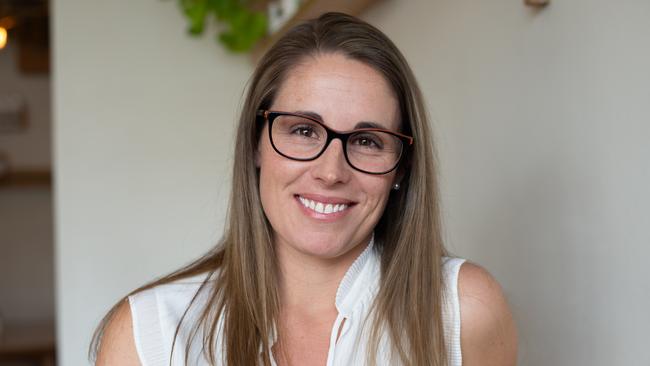
As Reena Murray walked out of her first appointment at a specialist menopause clinic, she called her husband with a sense of relief she had not felt in a long time. Finally, she felt validated and optimistic that a doctor understood what she was going through and could help.
“I was like, I actually feel hopeful that I can get my life back,” she recalls. “To have someone who was in my court, who was able to explain the science and who had the expertise to go: ‘This is OK, we can do this, and I hear what you’re saying’ – it was amazing.”
She began attending the clinic in November 2024 and has noticed improvements in the way she feels. Hers is a complex case of menopause because of her medical history. It has been four years since Murray received treatment for breast cancer after being diagnosed amid the Covid pandemic when she was just 36.
The mother of two underwent lifesaving treatment including chemotherapy that helped rid her body of the disease, but it also thrust her into the throes of chemical menopause, a condition experienced by some patients. While she says the doctors treating her cancer were fantastic, they were not able to advise her about menopause. So, for a long time she was left to deal with the effects alone. “It’s pretty hard, at 36, to talk about menopause, especially to male doctors,” she says.
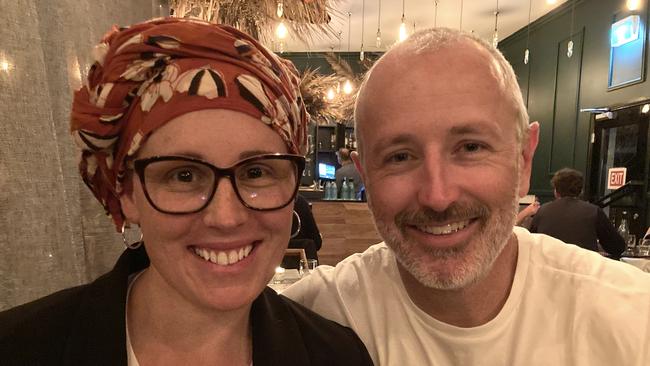
“For probably a good two years I was in what they would classify as proper menopause. And then for the last couple of years I’ve been probably what they would classify perimenopause. It’s a bit hard to know because I’m also on hormone therapy to prevent cancer recurrence.”
At its peak, Murray was experiencing daily migraines. While those have been reduced, she still has what she describes as the “full range” of other typical symptoms including intense hot flushes, poor sleep and vaginal dryness.
“I’m not expecting anyone to solve all my problems, but knowing that I’ve got someone who understands that particular part of my journey, I suppose, and how it’s impacted every part of my health, that in itself is worth a lot to me.”
It’s an experience she wants afforded to other women.
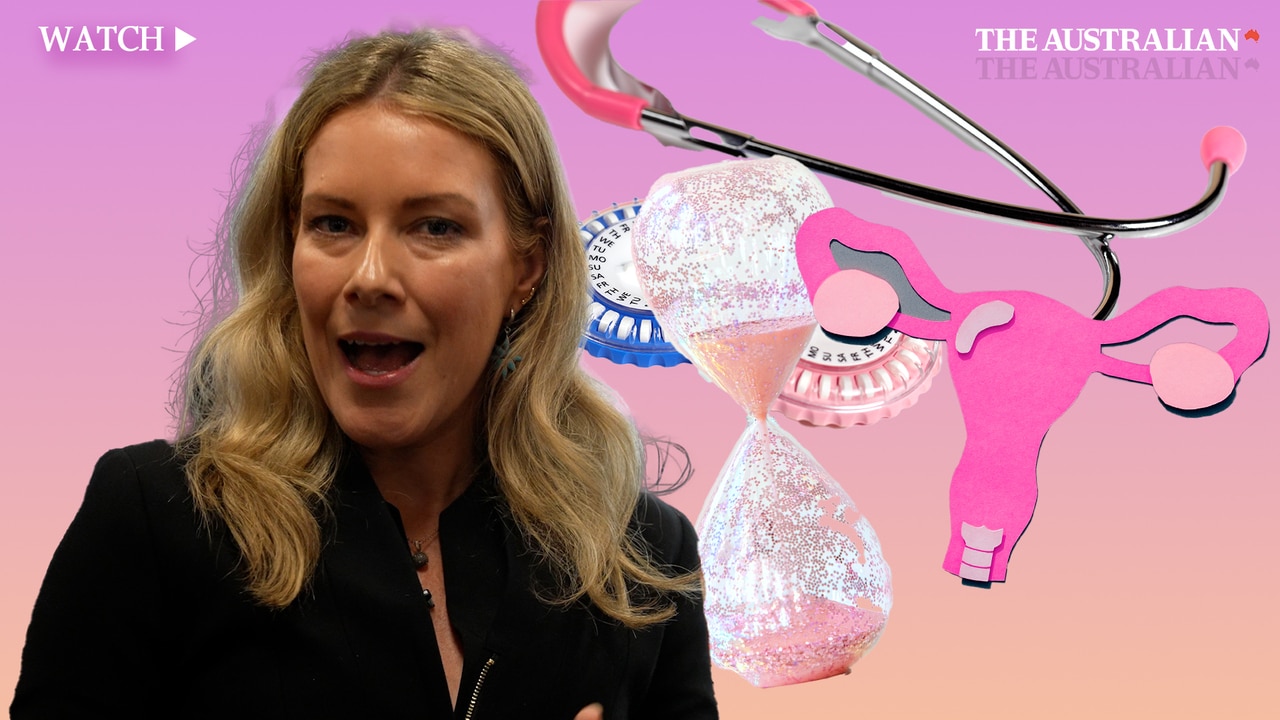
Now, under a national plan to improve women’s health, stories such as Murray’s, where women are given the support and help they need to deal with adverse effects of menopause, should become the norm, not the exception.
The federal government’s pre-election pledge to pump more than $500m into women’s health across five years has been matched by the opposition. Under the plan, a new Medicare rebate will be introduced for menopause health assessments, there will be improved training and clinical guidelines for medical professionals, and more menopausal hormone therapies and contraceptives will be listed on the Pharmaceutical Benefits Scheme to bring down their costs. Stock shortages of subsidised menopausal hormone therapy have been ongoing for years, significantly affecting patients in Australia. It is hoped including more therapies on the PBS will help to make more MHT affordable to patients who need it.
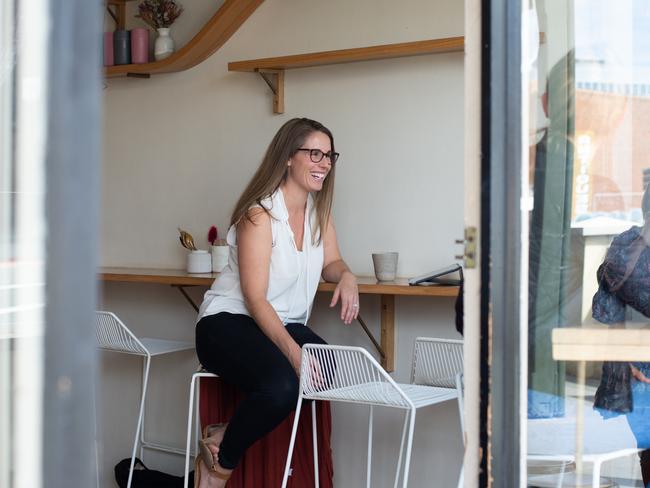
Under the government pledge, there also will be more pelvic pain clinics nationally and their remit will be expanded to include menopause support.
The PBS listings for MHT will come into effect in March, with the remainder of pledges forming a re-election promise. Together they mark a milestone for women’s health investment, but also signal that women will be a key focus for Labor and the Coalition in the battle to form the next government.
To understand more about this investment and what type of support women could expect, we have taken a look inside one menopause clinic to understand more about how they work.
John Eden is a reproductive endocrinologist and gynaecologist who heads a menopause hub in the Sydney suburb of Randwick that was opened by the NSW government in late 2024. The multidisciplinary clinic caters to women who experience severe or complex side effects of menopause and require medical support that often is not forthcoming otherwise.
While menopause is a natural part of ageing, it is now recognised that those experiencing adverse effects should not suffer in silence, especially when help exists. After all, to steal a line from one doctor: “Death is a normal part of life, but it’s something we want to avoid.”
About a quarter of women will not experience any adverse effects of menopause, about half will experience mild to moderate side effects, and the remainder will be severely affected.
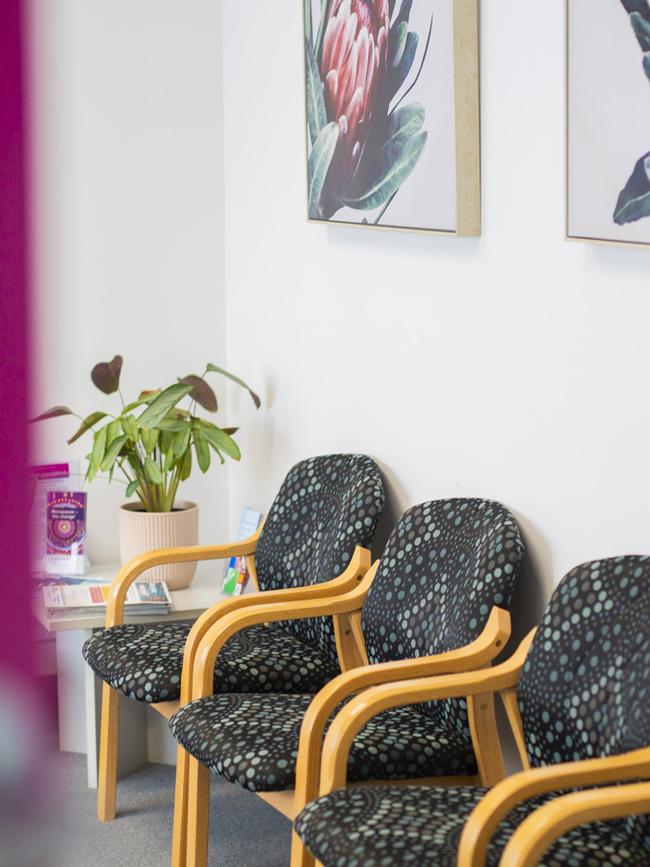
Many of those women have complained of being ignored, dismissed and gaslit by an industry and society that have not understood the severity of their experience. It is those women in particular who are set to benefit from this renewed focus and investment in women’s health. However, all women will benefit from a longer, thorough, menopause health assessment, which typically takes between 45 minutes and an hour and examines a woman’s general health and wellbeing.
But it is not only women who are supported by specialist menopause clinics.
“Something you’re probably not aware of but once I tell you you’ll never forget it,” Eden warns. “We cure something like 80 to 90 per cent of childhood cancer these days, which is wonderful, but most of those little young women are menopausal from the chemotherapy and sometimes the radiotherapy. So, the very treatment that saves their lives can actually put a young woman – we’re talking about five-year-olds, 15-year-olds, 20-year-olds – into menopause and, as you can imagine, they need very specialised care and, to be perfectly blunt, most of them aren’t getting it.”
While the menopause hub at Randwick opened only in November 2024, demand is so strong that it already has a waiting list of three to six months. In the case of NSW menopause hubs, patients need to be referred by their general practitioner. Once at the hub they undergo a full assessment by the multidisciplinary team, which develops an individualised treatment plan to be implemented, ideally, by the patient’s GP with the group’s guidance.
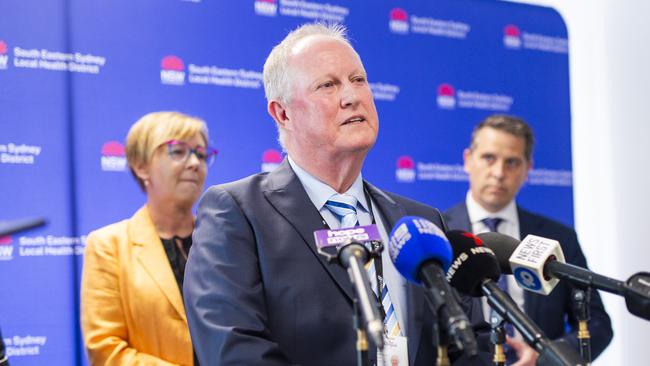
The hub also includes a mood clinic to address mental health – an area Eden says has been a neglected area of menopause care for too long. He has been a driving force behind the hubs in NSW and would like to see menopause-related mood clinics form part of the national rollout of menopause support.
Eden has commended both sides of politics for supporting the menopause clinics, which cater to women who experience significant menopause-related effects such as intense hot flushes, people with significant sleep interruption, women with worrying levels of bone loss, distressing cases of vaginal dryness or sexual dysfunction, people with premature menopause, and patients who have a complex medical history including those, such as Murray, who have a prior cancer diagnosis or those with clotting conditions or poor heart health.
“Around one in four women (has) the menopause from hell,” Eden says. “The most severe can be five or 10 flushes an hour, day and night. Wake every 30 minutes, and unfortunately about one in eight women (has flushes) forever.”
With both major parties putting women’s health, particularly menopause support, front and centre of their election campaigns, those women hopefully will get the care they have been advocating for. With more medical training about menopause and more clinics to support care, there is also room to reduce some of the long waiting times women are subject to.





To join the conversation, please log in. Don't have an account? Register
Join the conversation, you are commenting as Logout